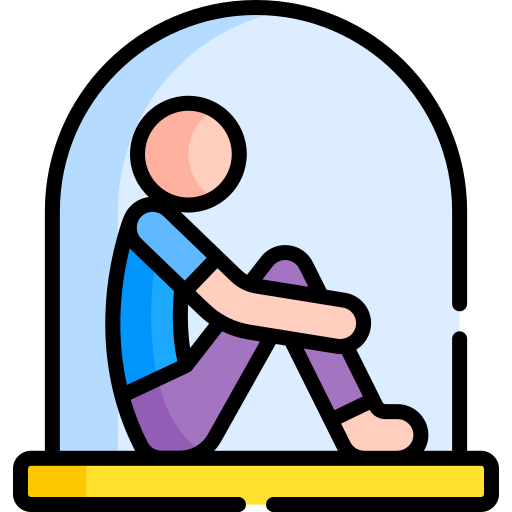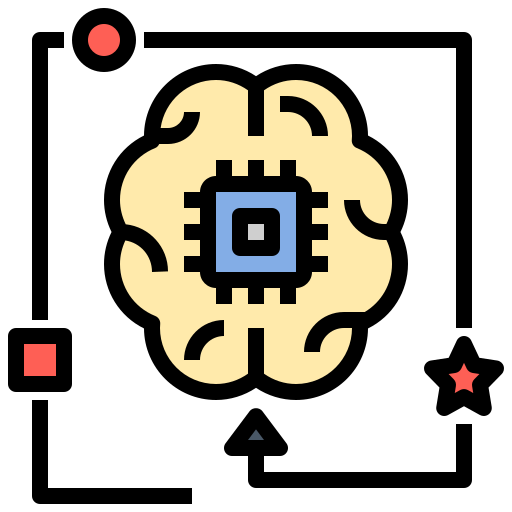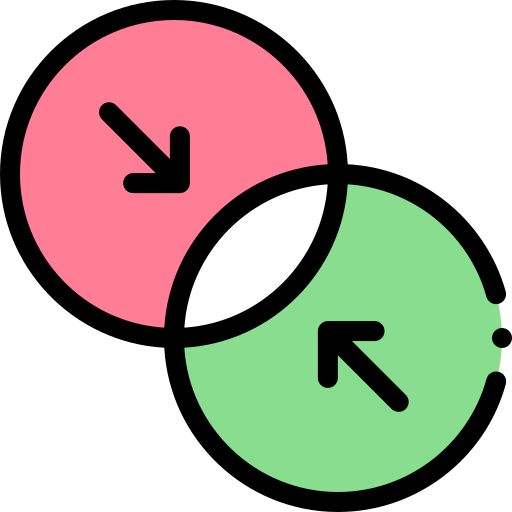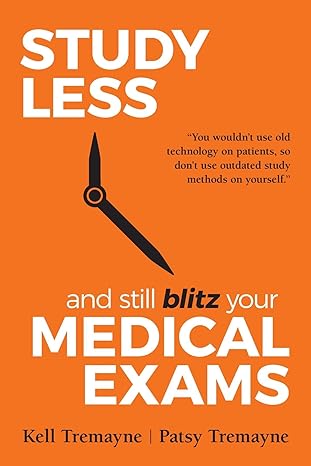- Home
- From Doctor Burnout to Resilient Recovery
- Social Connection and Mental Health
Stay Connected, Stay Strong: How Social Connection and Mental Health Fuel Junior Doctor Performance
Imagine you’re behind the wheel of a Formula 1 car. You’re navigating high-speed corners, making split-second decisions, and pushing your limits every lap. That’s what being a junior doctor feels like—intense, relentless, and precision-driven. But even the best F1 drivers don’t win races alone. They rely on a pit crew, a support team, and a strategy that includes rest, refueling, and recalibration. In medicine, social connection and mental health are just as critical to performance as clinical knowledge and technical skill.
Your pit crew in medicine is your support system—friends, family, colleagues, mentors.
These relationships aren’t just nice to have; they’re essential for your performance, wellbeing, and resilience. Just as an F1 car can’t finish the race without pit stops, you can’t thrive in medicine without regular check-ins on your social connection and mental health. They’re not just buffers against burnout—they’re the fuel that keeps you going.
In 'Study Less and Still Blitz Your Medical Exams', we emphasize that wellbeing - including social connection and mental health - is not a luxury. It’s a strategic advantage. Maintaining relationships buffers stress, enhances memory, and improves emotional regulation. It’s time to stop seeing connection as a distraction and start seeing it as fuel for your cognitive engine.
Why Social Connection and Mental Health Matter
The World Health Organization defines health as:
“a state of complete physical, mental, and social wellbeing.”
That last part—social wellbeing—isn’t just a feel-good add-on. It’s essential.
Junior doctors operate in high-pressure environments that demand precision, resilience, and emotional stamina. Yet, many are isolated by long hours, shift work, and the intensity of medical training. Social connection and mental health are not luxuries—they are strategic assets that directly impact performance, learning, and wellbeing.
Here’s what the research says:
 |
1. Social Connection Buffers Stress and Reduces BurnoutSocial support mediates the negative effects of burnout on health. In a study of over 1,000 healthcare professionals, those with strong social support experienced significantly better health outcomes despite high stress levels. For junior doctors, this means that maintaining relationships can help regulate cortisol and adrenaline, reducing the physiological toll of chronic stress. |
 |
2. Loneliness Is as Harmful as SmokingA landmark meta-analysis by Julianne Holt-Lunstad found that loneliness increases mortality risk as much as smoking 15 cigarettes a day. Her recent work continues to show that social connection is a medically relevant health factor, yet it remains underappreciated—even among healthcare providers. |
 |
3. Social Relationships Enhance Memory and FocusSocializing stimulates attention and memory, strengthening neural networks. Harvard Health reports that people with strong social ties are less likely to experience cognitive decline, and social interaction can improve memory consolidation and retrieval. For junior doctors, this translates into better exam performance and clinical decision-making. |
 |
Qualitative research in Australian hospitals shows that relational connections—both inside and outside the workplace—play a critical role in shaping junior doctors’ emotional wellbeing . Social support helps buffer against emotional exhaustion, depersonalization, and the sense of isolation that often accompanies medical training. |
Practical Ways to Boost Social Connection as a Junior Doctor
Here are 6 actionable strategies to help junior doctors build and maintain meaningful social connections, even with demanding schedules:
1. Micro-Connections at Work |
2. Schedule Social Time Like a Study Session |
3. Join or Create a Study Group |
 |
 |
 |
|
|
|
4. Use Technology to Stay Connected |
5. Combine Social and Wellness Activities |
6. Reflect and Reconnect |
 |
 |
 |
|
|
|
Final Thoughts: The Power of Social Connection
In the high-stakes, high-pressure world of medicine, junior doctors are often expected to perform at their peak while juggling long hours, emotional intensity, and relentless study. It’s easy to fall into the trap of believing that success is a solo pursuit—driven by grit, intelligence, and endless hours of hard work. But the truth is more nuanced and more human.
Social connection and mental health are not distractions from your goals—they are the foundation of your performance.
Meaningful relationships buffer stress, sharpen memory, and build emotional resilience. They remind you that you’re not alone in your journey, that your struggles are shared, and that your wellbeing matters. Whether it’s a colleague who understands your exhaustion, a friend who makes you laugh, or a mentor who believes in you—these connections are your lifelines.
As our book 'Study Less and Still Blitz Your Medical Exams' reminds us, wellbeing is a strategic advantage. And social connection is at its heart.
So, as you prepare for exams, navigate clinical challenges, and build your career, remember this: your relationships are not just part of your life—they are part of your success. Invest in them. Protect them. Let them fuel you.
Because in medicine, just like in life, no one crosses the finish line alone.



